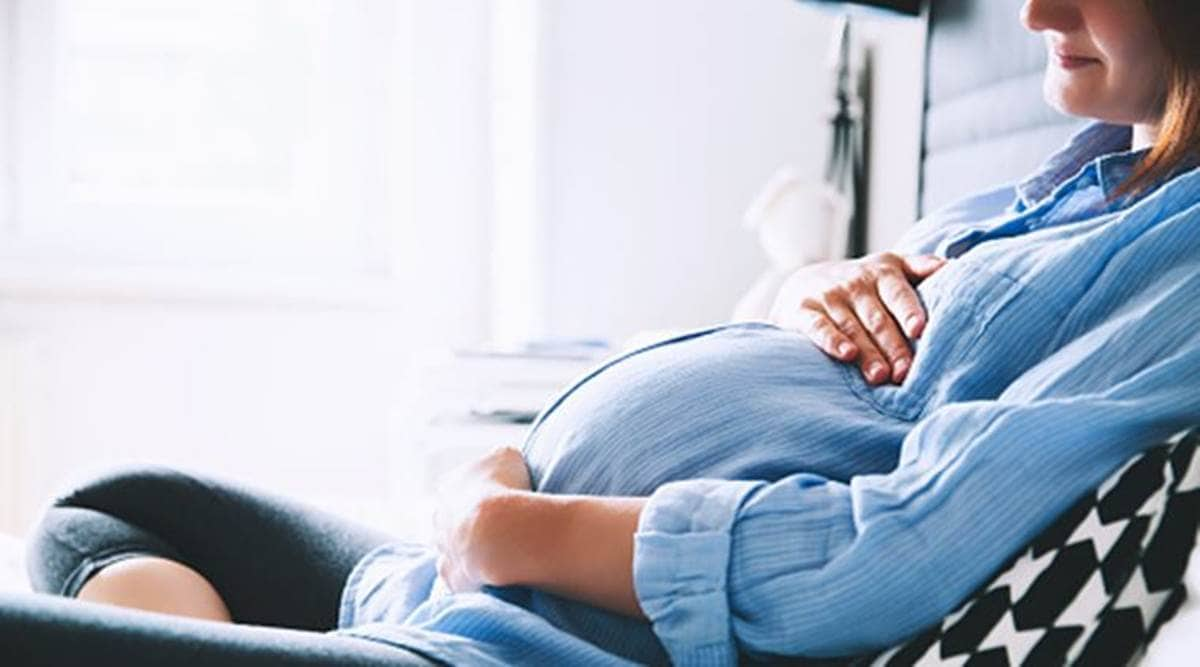Expert body cautions individual practitioners against advising vaccination till GoI changes guidelines
The Federation of Obstetricians and Gynaecologists Society of India has recommended that obstetricians and gynaecologists and women’s health care providers should be allowed to administer the Covid-19 vaccines in pregnant and breastfeeding women with preparations to manage adverse events. They, however, have emphasised that individual practitioners cannot advise vaccination to pregnant and lactating women in India until there is a change in recommendations from the MOHFW, GOI.
FOGSI has acknowledged that there is limited data available on the use of Covid vaccines in pregnancy, especially of the vaccines that are available in India. “However, there is a need to prevent further waves and the vaccine is the best and long term solution to this. This protection should extend to pregnant and lactating women. The very real benefits of vaccinating pregnant and lactating women seem to far outweigh any theoretical and remote risks of vaccination,” FOGSI chairperson Dr Alpesh Gandhi has said.
Data from basic science and animal studies have not shown any adverse fetal or neonatal effects of the vaccine. As matters stand in our country, every individual needs protection from the surging COVID-19 infections. We are in the midst of the second wave. Lactating women should also be considered as COVID vaccine candidates as there are no known adverse effects on the neonate who is breastfeeding. In fact, there is a passage of protective antibodies to the child, which may be a beneficial effect. The method of administering and monitoring the vaccine and the schedule of vaccination should be the same for pregnant and lactating women as for the general population, an important FOGSI position statement on Covid vaccination for breastfeeding and lactating women issued today has said.
– Stay updated with the latest Pune news. Follow Express Pune on Twitter here and on Facebook here. You can also join our Express Pune Telegram channel here.
International professional bodies have taken a uniformly positive stand on the COVID vaccine in pregnancy and lactation. These statements are based on the ratio of potential benefits and risks of the vaccine versus the disease in a given geographic area. At present, it is believed that the risk of getting COVID-19 in pregnancy and its resulting morbidity is much more than the theoretical risks from the vaccine.
The first study conducted on vaccination in pregnant and lactating women was published last month from the USA. The study showed that COVID vaccination generates a robust immune response in pregnant and lactating women which is equivalent to the general population. Additionally, protective antibodies were also isolated in umbilical cord blood and breast milk, implying protection to the fetus and newborn. This data pertains to 131 women who were vaccinated with the mRNA vaccine. At present, there is no data on immunization of pregnant and lactating women with Covishield or Covaxin.
Experts at FOGSI have based their statement considering the density of population and current infection rates in the country, a substantial increase in the incidence and severity of COVID-19 infection in pregnant women in recent times, risk of infection in pregnancy complicating routine pregnancy care and delivery, risk of serious morbidity with infection in pregnancy (even though most pregnant women will have a mild course), demonstrated efficacy of the vaccines available in India and efficient roll out in the country and experience of decades of vaccine administration in pregnancy with vaccines for other diseases.
Women should be counseled and empowered to make their own decision supported by caregivers. There should not be any discrimination between women who accept or refuse the vaccine as and when it is possible to administer it in our country to pregnant and lactating women. Recommendations on the COVID vaccine in maternity care are important. The guidance on this matter will affect about 50 million lives in India every year (based on 25 million births annually and an equal number in the preconception and post-delivery periods.)
This is a FOGSI position statement not yet endorsed by the government.
Source: Read Full Article


